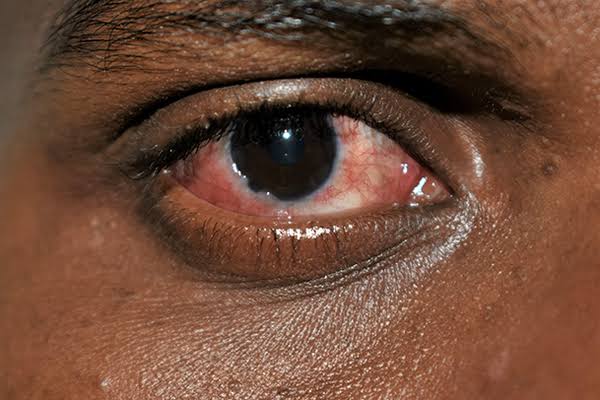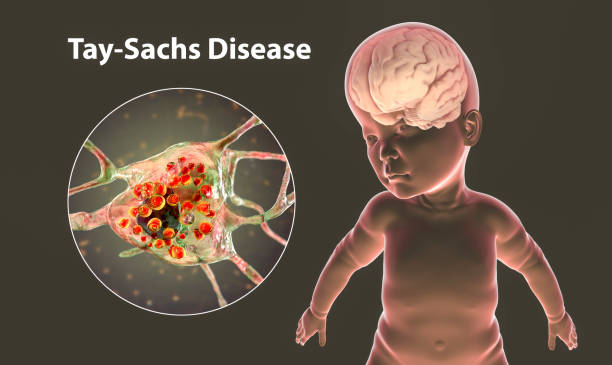
Nigerian Child Vaccination Schedule 2025
Growing children are very fragile and susceptible to several diseases. That is why it is important that babies receive vaccines from the very point of birth. Immunization or vaccination is the act of giving the child vaccines that would help fight and prevent infectious diseases. Such diseases can hamper the child’s growth and result in…














